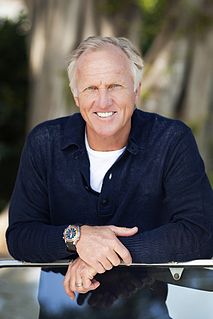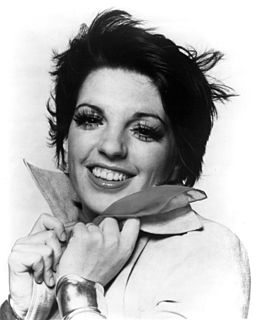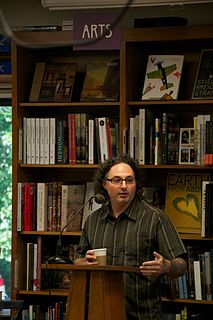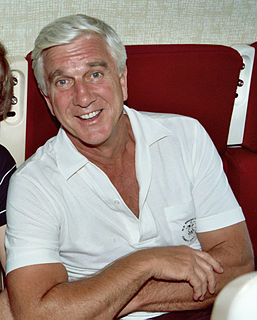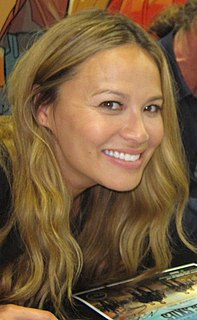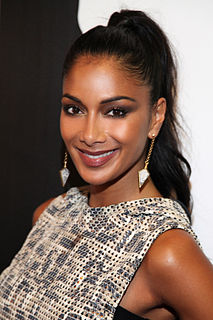A Quote by Douglas Sirk
But I always wanted my characters to be more than cyphers for the failings of their world. And I never had to look too hard to find a part of myself in them.
Related Quotes
I was making films about American society, and it is true that I never felt at home there, except perhaps when my wife and I lived on a farm in the San Fernando Valley. But I always wanted my characters to be more than cyphers for the failings of their world. And I never had to look too hard to find a part of myself in them
Some writers, I'm told, look for their characters' surnames in telephone directories. I don't - it seems too obvious. Or too deliberate: if you go looking for names, you're bound to find them, of course, but I've always had a superstitious hunch that the names you find by accident are always going to be better and more satisfying somehow.
If I was feeling angry, I had to investigate not just who or what I was angry at, but why. And then I had to do the hard part and ask myself: Are you justified in where your anger is being directed? So, while I allowed my emotions to be valid, I knew that if I were to use them constructively, in the service of art, then I had to look at them dispassionately. Some might call this therapy, and I suppose it was. But I also had a goal that was larger than just healing myself, which was connecting to an audience.
The way I look at love is you have to follow it, and fall hard, if you fall hard. You have to forget about what everyone else thinks. It has to be an us-against-the-world mentality. You have to make it work by prioritizing it, and by falling in love really fast, without thinking too hard. If I think too hard about a relationship I'll talk myself out of it. I have rules for a lot of areas of my life. Love is not going to be one of them.
Acting is such a high art, and coming from theater, I know how hard it is and respect the craft. I want to look back when it ends, and say I challenged myself. I wanted to be an actor you always remember, and those who are the great ones. That's just a personal journey. If you're too comfortable you're taking it too easy. The director can direct you for two months but before that it's just you and your internal drive. I want people to go to my movies and know it'll be good, and with great actors. You never know what you'll learn from just staying in the same space with them.
And I too wanted to be. That is all I wanted; and this is the last word. At the bottom of all these attempts which seemed without bounds, I find the same desire again: to drive existence out of me, to rid the passing moments of their fat, to twist them, dry them, purify myself, harden myself, to give back at last the sharp, precise sound of a saxophone note. That could even make an apologue: there was a poor man who got in the wrong world.
I think that I write much more naturally about characters in solitude than characters interacting with others. My natural inclination - and one that I've learned to push against - is to give primacy to a character's interior world. Over the three books that I've written, I've had to teach myself that not every feeling needs to be described and that often the most impactful writing more elegantly evokes those unnamed feelings through the way characters speak and behave.


